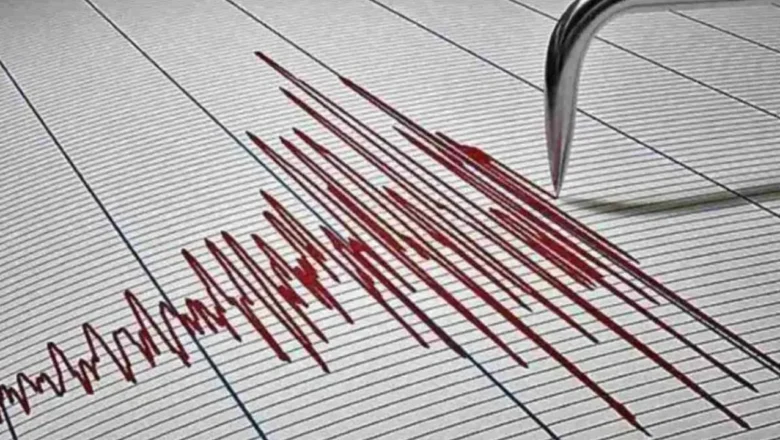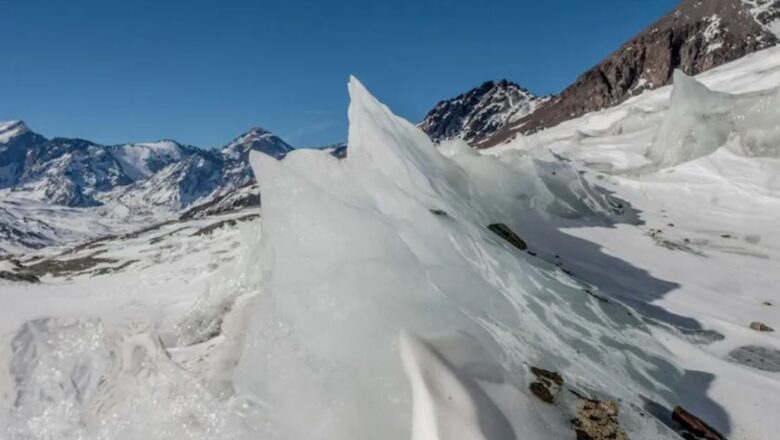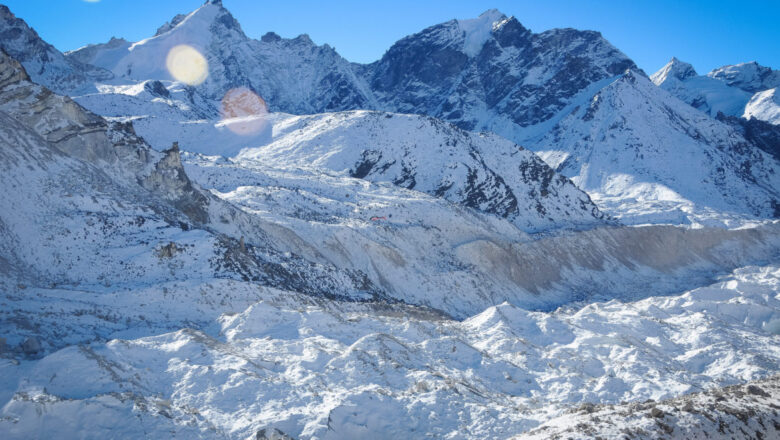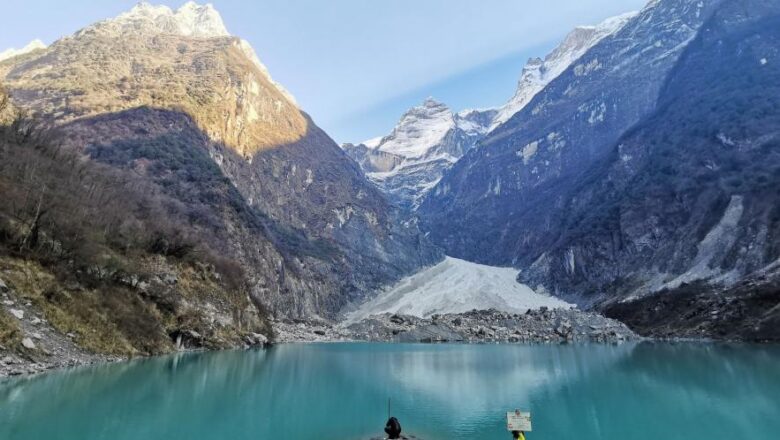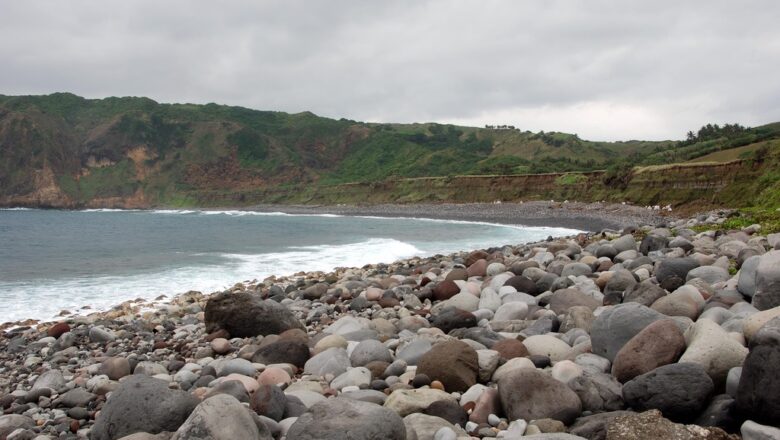
Climatopias: The Future of Flood-Resilient Urban Planning or a Property Market Fantasy?
As coastal communities face the growing threat of rising sea levels and extreme weather, innovative solutions like flood-resilient settlements, or "climatopias," are emerging as potential game-changers in urban planning. These futuristic designs aim to provide a sustainable response to climate change by creating high-tech, floating cities that not only mitigate flooding but also offer eco-friendly living environments.
Governments and developers are promoting these projects as a way to expand housing availability, alleviate land pressure, enhance energy efficiency, and encourage green transportation. Climatopias are envisioned as self-sufficient, technologically advanced cities equipped with solar power, deep-sea cooling systems, and comprehensive facilities, including health care, educa...

